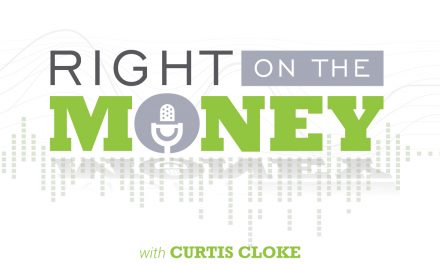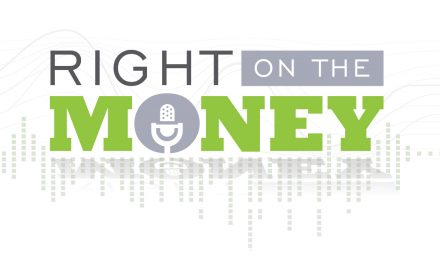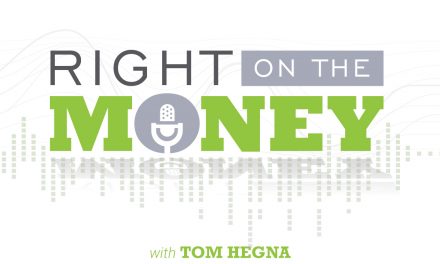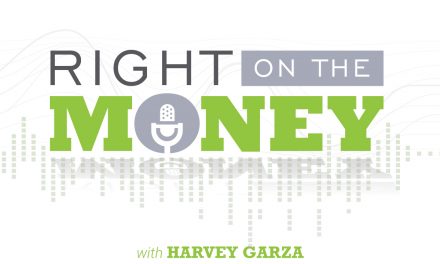The period between 2000 and 2009 is known as the “Lost Decade.” During that period, the effective yield on the S&P 500 Index was negative. The market recovered between 2009 and 2014. But market recovery doesn’t necessarily mean retirement plans recovered. This is especially true for baby boomers in or near retirement. After the market “adjustment” last August and the current “oil crisis” market downturn, retirement accounts and pensions may be struggling just to get to back to par.
The period between 2000 and 2009 is known as the “Lost Decade.” During that period, the effective yield on the S&P 500 Index was negative. The market recovered between 2009 and 2014. But market recovery doesn’t necessarily mean retirement plans recovered. This is especially true for baby boomers in or near retirement. After the market “adjustment” last August and the current “oil crisis” market downturn, retirement accounts and pensions may be struggling just to get to back to par.
There’s an old adage that time heals all wounds, but doesn’t heal portfolio losses. It is possible the last 15 years have been marginally profitable at best. When you consider total contributions minus total fund expenses as well as advisor fees, the returns are dubious. An audit of 401(k) plans over the last 15 years could reveal what many market observers have suspected all along: no appreciable profits. It’s highly likely statement contributions are hiding losses from many plan participants who causally read their statements. For the few who investigate their returns and find them waning, a frantic response is to doubling down on more aggressive growth and international funds in an attempt to recapture losses and make up for time. But the beta risk exposure can be keenly felt during turbulent markets, where losses are extenuated in assets classes such as these. Watch the interview with economist and financial advisor John Dubots on the lost decade, pensions at par and doubling down. [URL]
How many times can the baby boomers take a market downturn in or near retirement? You can’t recover time at this stage of life. It’s a conundrum. Do you ride out the remaining years before retirement in cash or annuities? Should you stay the course, even if the timeline is five years or less? Is it really reasonable to double down on assets classes that are, by design, aggressive and include considerable risk? There’s very little commentary on this unique time in history, where the paradigms of the past may not be the paradigms of the future.
Syndicated financial columnist and talk show host Steve Savant interviews John Dubot financial planner and economist. John is one of the leading proponents of tactical investing in the country and has been featured in Forbes and Fortune Magazine.





